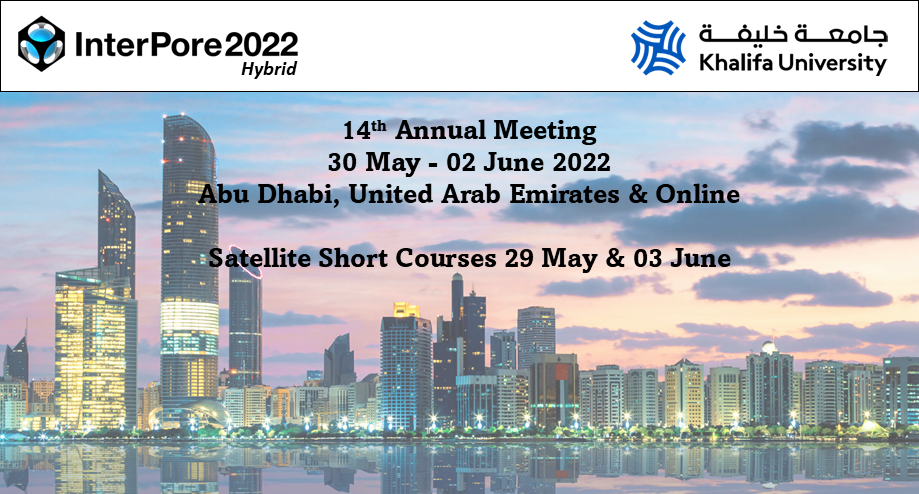Speaker
Description
It is known that the degradation refractory processes are mainly related to high temperatures and aggressive working environments. In industrial plants, refractories are in contact with complex chemical components such as slags, fumes, ashes, etc. An optimal design of the refractories rests on a multiphysics model which accounts for the significant physics that take place in the real process.
In this paper, we only focus on the complexity of the non reactive transport modelling. Classical numerical approaches accounting for the reactive transport phenomena are based on the resolution of partial differential equations that requires a high computational cost and are often subjected to spurious oscillations. In the case of coupled multiphysics problem, those oscillations lead to inaccurate stress fields and therefore unreliable lifespan of refractory materials.
This work aims to introduce a new probabilistic approach based on gradient percolation theory and called Self-organized Gradient Percolation. The method, the algorithm, the boundary conditions and the link with the physcial problem are presented. The results obtained in 1D and 2D are free of spurious oscillations and the calculation time is drastically reduced compared to finite element simulations.
| Participation | In person |
|---|---|
| Country | France |
| MDPI Energies Student Poster Award | No, do not submit my presenation for the student posters award. |
| Time Block Preference | Time Block A (09:00-12:00 CET) |
| Acceptance of the Terms & Conditions | Click here to agree |









